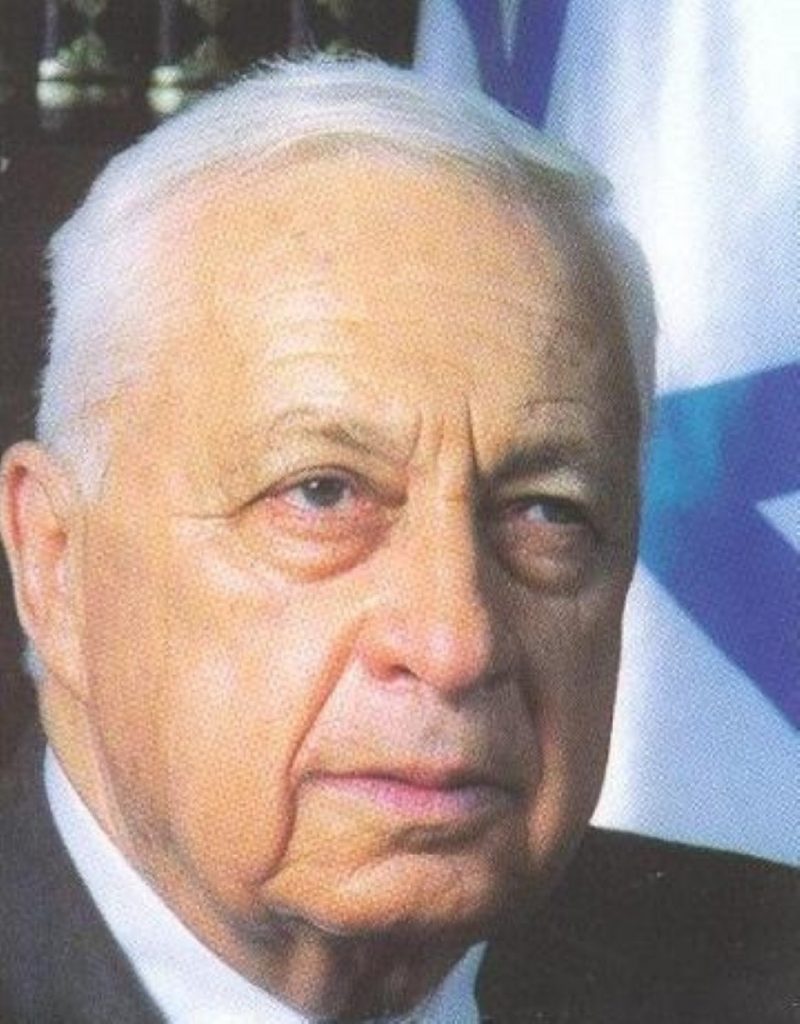Israel backs off Arafat assassination threat
Israel has come under massive international pressure to back away from plans to assassinate Palestinian Authority leader Yasser Arafat.
The United Nations Security Council and leaders from around the world rounded on the Jewish state after Israel’s Deputy Prime Minister Ehud Olmert said killing Arafat was a real option.
Mr Olmert said Israel was determined to punish the perpetrators of terror and Arafat was on its hit-list.
“We are trying to eliminate all the heads of terror, and Arafat is one of the heads of terror,” said Mr Olmert.


“Arafat can no longer be a factor in what happens here. Expulsion is certainly one of the options, killing is also one of the options.”
And Ariel Sharon’s government was beseeched by the UN to end its controversial policy of extrajudicial attacks on militant Palestinian leaders.
US Ambassador John Negroponte said America would not support the “elimination of Mr Arafat” or his exile.
Foreign Office minister Baroness Symons questioned Zvi Shtauber, Israeli ambassador to Britain, over the rationale for killing Arafat.
Baroness Symons said “the expulsion of President Arafat would be wrong and would not be in the interests of long-term peace”.
But, adding salt to Israeli wounds, the Palestinian premier-designate Ahmed Qureia has handed Mr Arafat the right to appoint most of the new Cabinet.
Sixteen of the 24 ministers in Mr Qureia’s new Cabinet will be appointed by Fatah councils controlled by Arafat.
The other eight ministers would represent different movements or independents.
Exiling 74-year-old Arafat would effectively derail the US-backed “road map” to peace in the Middle East, Mr Qureia said last week.
“This grave and adventurous decision would not only blow up the Palestinian territories but also the entire region.”
Foreign Minister Silvan Shalom on Monday distanced Israel from Mr Olmert’s comments.
“It is not the official policy of the Israeli government,” Shalom told reporters.
“We don’t speak about any killing. We didn’t speak about it before, and we don’t speak about it today.”

